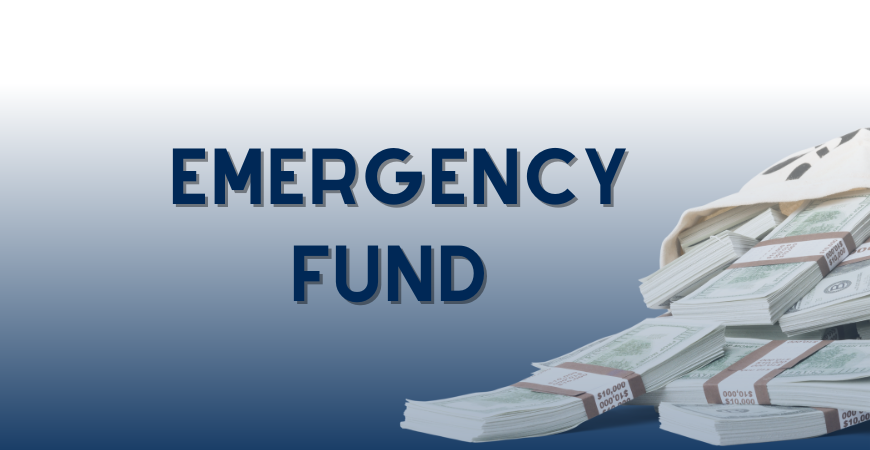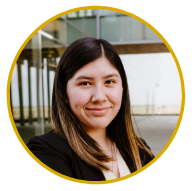
Ever since I began earning money, my mom emphasized the importance of setting money aside for an emergency. So of course, it became a habit of mine to set aside a portion of my earnings and tuck it away. Now that I have commenced my financial journey, I have realized that thanks to my mom, I actually began a while ago.
What is an Emergency Fund?
The first step and the sole foundation of your financial health begins with an emergency fund. This emergency fund is essentially your safety net, in order to protect yourself in the present and the future. Your emergency fund is meant to assist you in any unforeseen expenses. These expenses can be anything such as a job loss, home/car repairs, medical expenses and even home relocation expenses. Generally, it is recommended that your emergency fund is enough to cover 3-6 months of living expenses.
Why do I need an Emergency Fund?
So why exactly is there a need for an emergency fund? Well the most obvious reason is for emergencies. Emergencies are unpredictable and from one moment to another, you can be in a position in which something out of your control has gone wrong, which could cost you hundreds of dollars.
As I mentioned, your emergency fund is your safety net. So, it is there to give you peace of mind in terms of any emergencies. With an emergency fund in place, you never have to stress about the possibility of an emergency or worry if an emergency happens, because you have that safety net to rely on.
I also mentioned that an emergency fund is the sole foundation of your financial journey, which helps you in two major aspects. First of all, an emergency fund may help you make better financial decisions. Implementing your emergency fund into your budget may be eye opening in terms of miscellaneous spending. If an emergency ever arises, you will have money to cover whatever expense there is, and you won't be forced to take out any type of loan that would put you in more debt. The second aspect is the fact that an emergency fund may keep you from spending money on impulsivity. It is recommended that you open a separate savings account specifically for your emergency fund. If you open a separate account, this means you might have to take an extra step or two in order to access your funds, which might discourage you from impluselvy spending on something that wouldn’t be classified as an emergency.
Where do I start?
So how exactly do you start an emergency fund? First, there are two initial things that need to be established. Firstly, how much do you need to save? Remember that an emergency fund should be able to cover 3-6 months of living expenses. We all have different lifestyles and expenses so that figure can vary from person to person. Secondly, where are you going to store these funds? You always want your emergency fund somewhere safe, but also liquid so that you can easily access it whenever needed. Commonly, people like to keep their emergency funds in either a traditional savings account or an online savings account. Simply remember, only keep your emergency fund in this account to avoid any confusion or temptation to use these funds for non-emergency situations.
An easy way to start funding your emergency fund is to adjust your budget in order to incorporate your emergency fund. You can also set up automatic contributions. These contributions can be a portion of your any source of income. For example, you can allocate 5% of each paycheck to go towards your emergency fund. A great habit to make is to save a great portion if not all of one time or yearly payments, such as your yearly tax return or cash birthday gifts. Doing so can take you a long way in terms of meeting your emergency fund goal.
Don’t Wait, Start One Today!
An emergency is essential in preparing and protecting yourself for unforeseen events. The best part of an emergency fund is that once you meet your goal, you don’t necessarily have to keep contributing to it (although I do suggest at least small contributions once in a while). An emergency fund is an amazing first step in your financial journey! Don’t wait, start planning your emergency fund today, your future self will thank you.
Author:
 Melissa Rodriguez
Melissa Rodriguez
Bobcat Financial Coach
Melissa is a Bobcat Financial Coach alumna at the University of California, Merced. Read more about her here!








